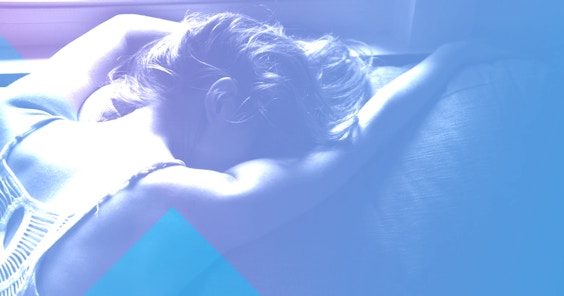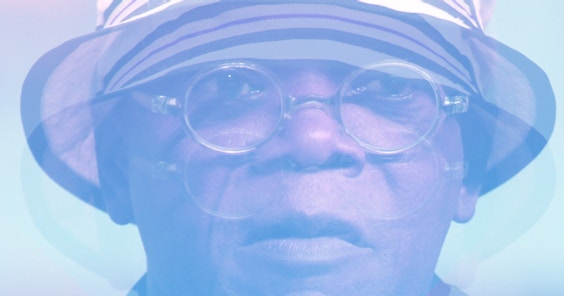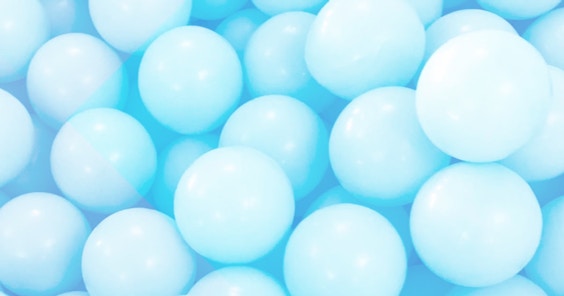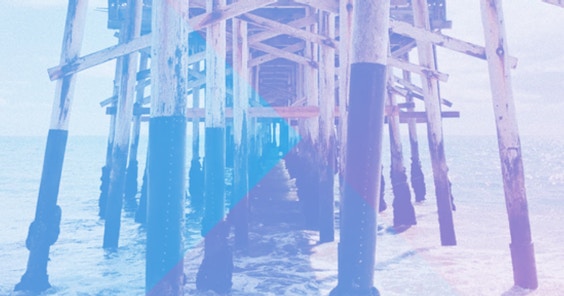I Am Sober is a free app that helps you get some control back in your life.
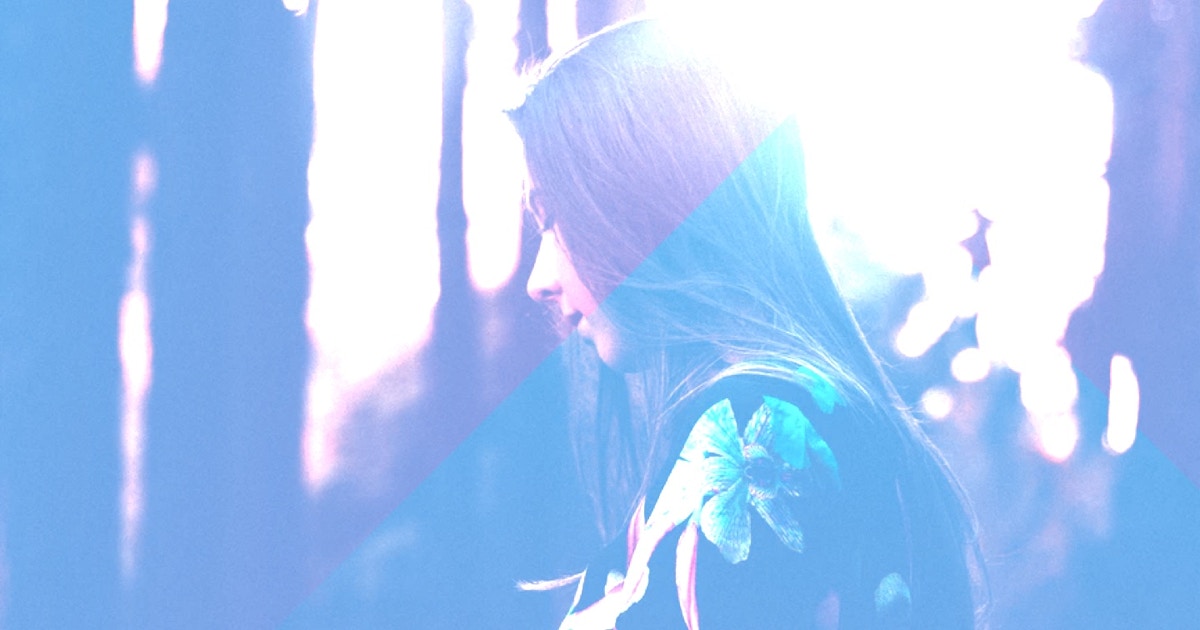
How To Get And Stay Sober
Last Updated: Tue, January 23, 2024Getting sober is stressful. You realize there's a problem, that the problem is negatively affecting your life, but the minute you've plugged the idea of quitting in your head, your brain is wired to fight you every step of the way. It's easier to stay comfortable; to self-preserve; to keep things the way they are. What's worse is you're willing to rationalize that "hey, you've made it this far, who's to say you can't continue this way for another 20-30 years?" As if these lingering thoughts weren't enough on their own, there's alcohol withdrawal symptoms to contend with which can put you through enough suffering to take a drink even if you genuinely want to quit.
This is why, if you want to get sober, you need to survive alcohol withdrawal, after that, to stay sober, you need 30 days.
Getting Sober
Getting sober means slogging through withdrawal. Withdrawal symptoms vary greatly from person to person, depending on your constitution, tolerance, the number of years you've been drinking, and how often/heavily you've been drinking. With that in mind, assess for yourself how much help you need to get sober. If you wager you've had severe drinking habits over the last 10 years, then consider medical help or a rehab center to assuage some of the more painful symptoms of withdrawal. Plus, as some side effects can be life-threatening, you don't want to risk death when you could've received help. Otherwise, for those who have a more moderate addiction and just want to white knuckle their way through sobriety, you need to survive the initial withdrawal stages.
Days 1-3 will be the hardest. During this time is when withdrawal symptoms are the most severe. Throbbing headaches, lethargy, nausea and dry heaving, and no sleep. It feels unending. If you have a support system in place, use it. If you don't, cancel plans or call in sick. Make sure you give your body this time to detox.
By day 4 for most people, physical symptoms subside and you're able to function soberly -- for the first time in a long time. And this is what makes getting sober so different from staying sober. Getting sober is a sprint, but staying sober is a marathon. Fortunately, by day 30, you tend to recognize a few things that will help you to stay sober.
Staying Sober
Staying sober is not necessarily easier or more difficult than getting sober. It's a different trial as it can vary from week to week, let alone day to day. That said, the longer you stay sober, the easier it generally is to stay sober. You start to recognize patterns and behaviors of your old self and situations that you may have been blind to before. For example...
More Money, Less Problems
In your quest for sobriety, you'll have a moment where you in your wallet (or stare at your bank account) and suddenly notice how profitable you've been the last few weeks. When you're drunk, you don't really think about all the money you spend because it's not just about the money on alcohol, but the money to get alcohol. Ubering to and from a bar alone can be costly, but without those trips, you'll find yourself with a substantial savings quickly.
Better Sleep, More Energy
Alcohol disrupts your circadian rhythm and helps you pass out (rather than "stay asleep"). One of the first things you'll notice in your sobriety is that your sleep greatly improves and you feel like you have more energy overall. A component in this is also tied to sleep. Alcohol relaxes the body (including the tongue) and this can lead to shortness of breath, snoring, or even choking. When you're sober though, you don't need to worry about choking, your throat remains open, and you get plenty of oxygen to the brain resulting in more restive and quiet sleep.
Better Health Overall
Everyone is familiar with the "beer belly". Without all the bloating caused from alcohol, you end up losing a lot of weight in a relatively quick amount of time. The weight loss can also contribute to the better sleep as well. Your skin regains some of its luster and heals faster (acne often clears up). Your ability to focus improves as well, which usually helps those in recovery to be more productive at work and a better listener in conversations.
Additionally, even if you didn't wake up every day hungover, alcohol is detrimental to sleep, making you groggy regardless of how much you were drinking. This means that you start to actually get better sleep and feel more mentally alert.
Recognize Drinking Isn't Necessary
Many feel anxiety and drink at gatherings to assuage that feeling. Because drinking is so widely accepted however, when you're trying to get sober it can feel like the whole world is fighting against you. However, when you've been sober for a week, you can look at drinking from a distance and 9 times out of 10, you recognize:
-
Drinking doesn't impact the conversation.
-
People don't notice you're not drinking -- they're in their own bubble.
-
In general, people don't seem to enjoy drinking either.
It's this third point that's one of the most illuminating. People tend to like the idea of drinking, feeling numb, loose, and have the false bravado needed to push through any uncomfortable situation. However, once you stop drinking, you realize that others don't really seem to get what they want out of it either. The idea is better than actually drinking.
Drinking Is A Time Suck
Not only do you find yourself with more hours in a day, but on reflection you can start to see where that time went. If you feel you have the self control, go to bar, and don't order anything to drink. On its own, it's a boring and uninteresting setting. At home, without the routine action of fixing yourself a drink and zoning out. You realize you have hours to burn. Ultimately, sobriety gives you the gift of time.
How To Get Sober And Stay Sober
It's not easy, but survive withdrawal to get sober and then, the benefits of being sober will help you to stay sober long afterwards. There's a reason the sober community is as vocal as they are about sobriety and never wanting to go back. It can feel deeply painful and your brain will try to convince you your problem isn't that bad, but once you get past the physical pain of detoxing alcohol from your system, then every day spent sober will reinforce your goal.
I Am Sober is a free app that helps you get some control back in your life.
